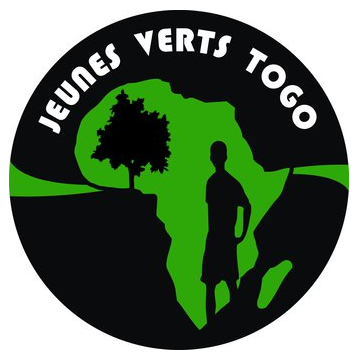Methodology
The West Africa Civic Space Index was developed with a robust methodology and data collection strategy to comprehensively assess the state of civic space across ten countries covered by the initiative. The methodology relied on a multi-faceted approach, utilizing a variety of tools to capture the state of civic space in the region. These tools included surveys and questionnaires, interviews, document analysis, crowdsourcing and open-source data, and social media analytics.
Surveys and questionnaires were utilized to engage various stakeholders, including civil society organizations, activists, academics, and the press to gather quantitative data on key indicators related to civic space. This approach allowed for the systematic collection of structured data, providing insights into the perceptions and experiences of individuals and organizations operating within the civic space.
Interviews with experts, activists, academics, and other stakeholders provided valuable qualitative insights and perspectives, enriching the understanding of the state of civic space in the region. These interviews facilitated in-depth discussions and the collection of qualitative data, offering nuanced perspectives on the challenges and opportunities within the civic space landscape.
Document analysis involved the review of key legal documents, policies, reports, and news articles to gather relevant information, especially concerning laws, regulations and latest developments affecting civic space. This method allowed for a comprehensive analysis of the legal framework and its impact on civic freedoms, providing a deeper understanding of the regulatory environment within which civil society operates.
Crowdsourcing and open-source data were leveraged to access and aggregate existing data relevant to the indicators. This included data from human rights organizations, research institutions, government reports, and other already available in the public domain ensuring a comprehensive and diverse dataset for analysis.
Social media analytics provided real-time insights into public discourse and complemented the understanding of civic space dynamics in the digital sphere. By monitoring trends, discussions, sentiments, and data related to the indicators on social media platforms, the project gained valuable insights into the evolving public discourse and its implications for civic space.
The comprehensive approach to data collection ensured that both quantitative and qualitative data on key indicators related to civic space were captured. This multi-faceted strategy allowed for a holistic understanding of the state of civic space in the West African region, providing valuable insights into the challenges and opportunities faced by civil society organizations, activists, and ordinary citizens.



